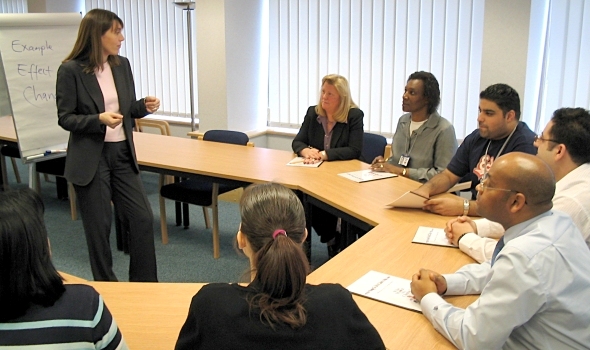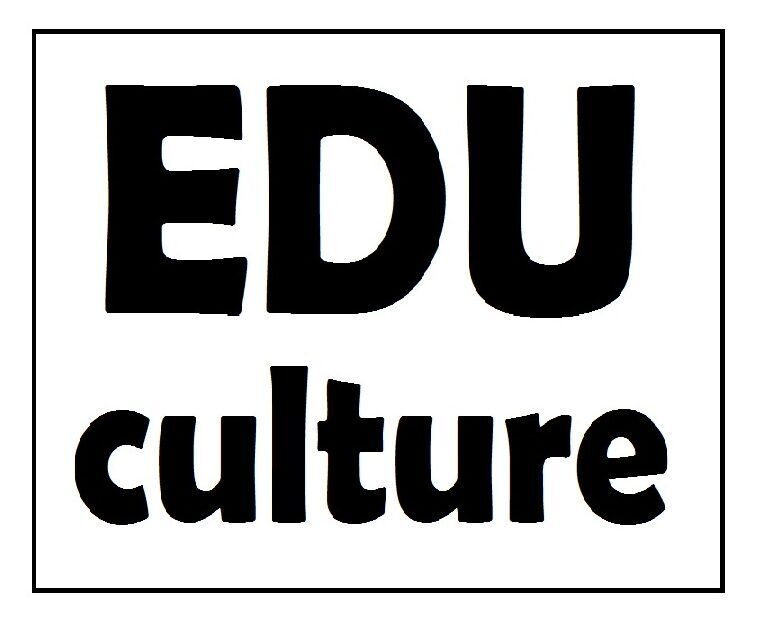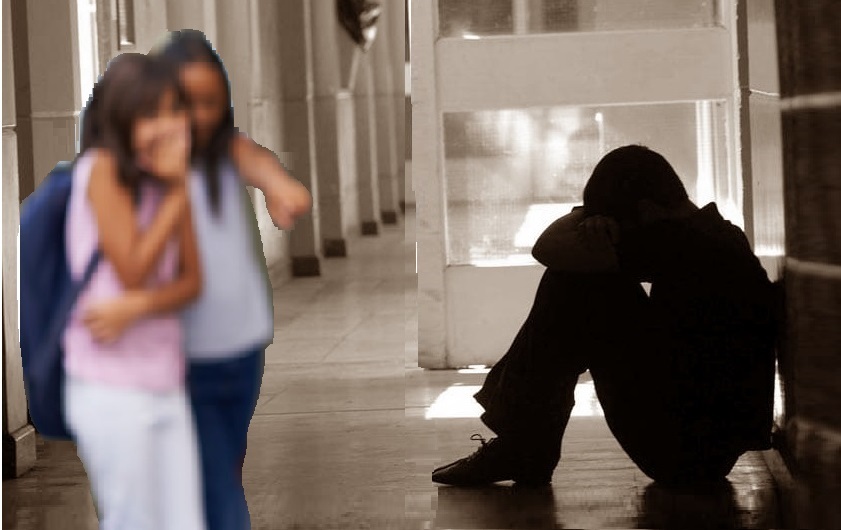FACING BEHAVIOURAL PROBLEMS –Indiscipline, racism and bullying in the classroom /LIMASSOL
Behavioural problems like indiscipline, racism and bullying influence school, interrupt teaching, distract students' attention and affect students’ learning and mental health. Behavioural management is very important during teaching. With appropriate guidance, activities and programmes behavioural incidents can be reduced. Organizing school community; promoting democracy, equality and diversity; taking part to creative art activities, participating in competitions; implementing drama activities, museum visits, outdoors projects and many other activities these phenomena can be reduced benefiting all pupils.
This 6-day course gives participants theoretical background about Behavioural problems like indiscipline, racism and bullying, as well as practical guidelines to implement range of activities, projects and programmes across the areas of curriculum and school life. Discussions, site visits and group work will enrich sharing ideas and exchange of practice between participants. There is also the possibility to extend the course to 7-day.
INTERCULTURAL EDUCATION– The Answer to Diversity in the Classroom /LIMASSOL
Significant ethnic, social and religious groups have been part of our society. In the context of increasing diversity in our society, schools have a role to play. Intercultural Education is the response to classroom diversity aiming to go beyond passive coexistence, to achieve a developing and sustainable way of living together in multicultural societies through the creation of understanding of, respect for and dialogue between the different groups. Intercultural education is valuable to all pupils in equipping them with skills to participate in an increasingly diverse society. Through programmes that encourage dialogue between pupils of different cultures, beliefs and religions, education can make an important and meaningful contribution to societies.
This 6-day course gives participants theoretical background about cultural diversity, majority and minority cultures, multicultural education, intercultural education as well as practical guidelines to integrate intercultural education across the areas of curriculum and school life. Discussions, site visits and group works will enrich sharing ideas and exchange of practice between participants. There is also the possibility to extend the course to 7-day.
EDUCATION OUTSIDE THE CLASSROOM– Learning from sites, museums, monuments & nature /LIMASSOL
There is strong evidence that good quality of learning outside the classroom adds much value to classroom learning. It can lead to a deeper understanding of the concepts that span traditional subject boundaries and which are frequently difficult to teach effectively using classroom methods alone. Through first hand learning experiences, pupils experience the world and construct their own learning. This is an essential part of their personal development. Subjects become more vivid, interesting, and interdisciplinary. Learning outside the classroom is the vehicle to develop the capacity to learn. It provides framework for learning that uses surroundings and communities outside the classroom. A range of activities can be conducted including day and residential visits, field studies and investigations in the local area or further to sites, museums, monuments & nature.
This 6-day course gives participants theoretical background about Education outside the classroom, as well as practical guidelines to integrate activities and implement programmes across the areas of curriculum and school life. Discussions, site visits and group work will enrich sharing ideas and exchange of practice between participants. There is also the possibility to extend the course to 7-day.
READING THE CITY- Using the city as a resource in teaching and learning /LIMASSOL
City is a living organism and a dynamic entity where cultures, traditions, languages and values coexist and interact. It has historical, social, political and environmental structures which affect the lives of citizens. Schools can help pupils develop ways of exploring and reading their city; understanding its structures and participating in its urban way of life. Pupils can feel the city and its pulse; read its atmosphere and create their own identity and the sense of belonging.
This 6-day course gives participants theoretical background how to explore the city and use it as a resource in teaching and learning, as well as practical guidelines to integrate activities and implement programmes across the areas of curriculum and school life. Discussions, site visits and group work will enrich sharing ideas and exchange of practice between participants. There is also the possibility to extend the course to 7-day.
BUILDING A POSITIVE LEARNING ENVIRONMENT- Classroom management, communication skills, effective teaching and learning /LIMASSOL
A positive, productive learning environment in the classroom is fundamental to students' academic, emotional and social success and progress. Teachers who establish classrooms that are supportive, caring, challenging, and academically strong build a positive learning environment. Classroom management techniques; communication skills; effective strategies for teaching and learning; discipline methods; effective routines and climate are basic components of a positive learning environment in the classroom that allows students to feel comfortable and safe; enhance their motivation and progress; and develop the sense of belonging.
This 6-day course gives participants theoretical background about how to build a positive learning environment, as well as practical guidelines to integrate activities and implement programmes across the areas of curriculum and school life. Discussions, site visits and group work will enrich sharing ideas and exchange of practice between participants. There is also the possibility to extend the course to 7-day.

Courses tailored to your needs
EDUCULTURE can organize training courses for a group of 5 or more colleagues. Our trainers can customize the courses according to the topic and the needs of the participants. All courses aim to help teachers and educators to improve their teaching and practice.
For more information
educulture@mail.com
educulture.courses@gmail.com
Support in submitting application for funding
EDUCULTURE provides support in application process. We can also provide you with pre-registration documents to strengthen your application.

Steps for your ERASMUS funding
- Define the educational needs of you and your colleagues.
- Study the courses that EDUCULTURE offers.
- Choose the most suitable course and session.
- To apply for ERASMUS KA1 funding you need to register and make an account to ECAS.
- Then follow these steps.
- Contact us to educulture@mail.com educulture.courses@gmail.com





